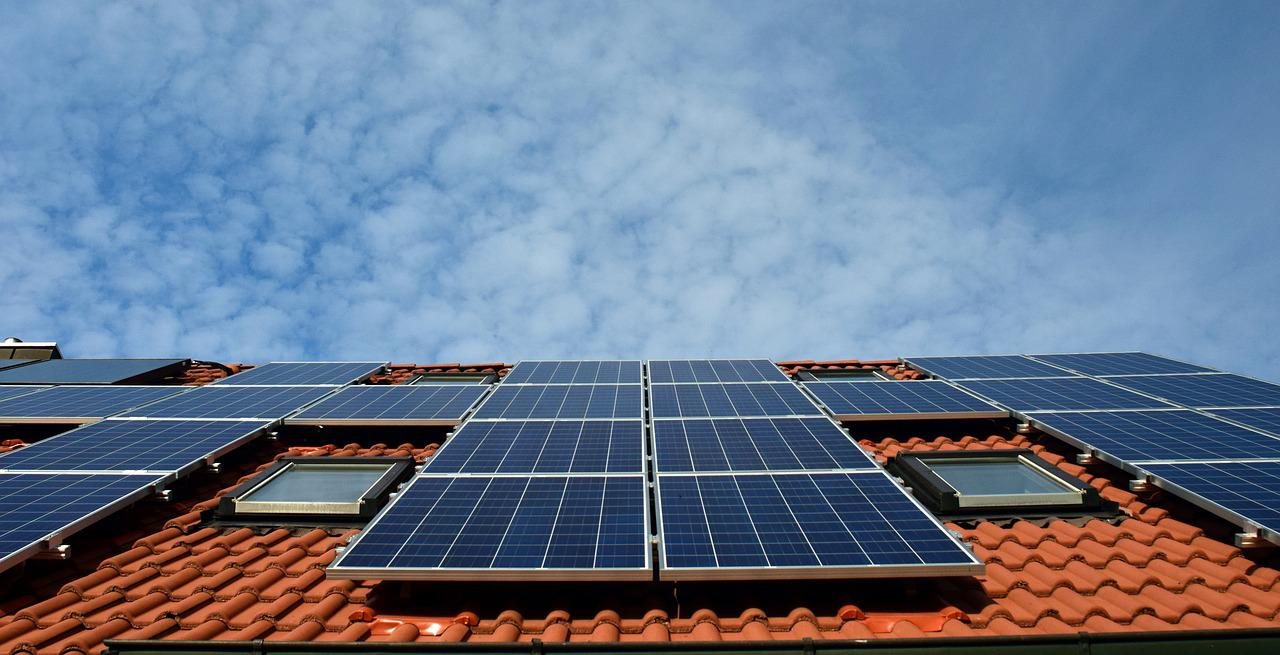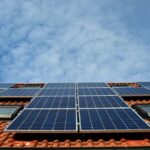If you’re considering solar panel installation for your home, you’ll likely get them on your roof.
While ground-mounted systems are available, they usually cost more. Plus, most homeowners don’t have enough space in their yards to fit enough ground-mounted panels to power their homes.
But not every roof is ideal for solar panels. Some have too much shade to make solar worth it. Others may not have enough open space to fit a solar panel array.
But what about roof material? Does that matter when it comes to solar panels?
And if so, which type of roof is best for solar panels?
This is actually one of the most frequently asked questions homeowners have before getting solar panels for their homes. And it’s easy to understand why. You don’t want to commit to a large investment like solar panels if your roof isn’t going to be the right fit for them.
Fortunately, the majority of roofs are solar-friendly. However, certain materials are better suited for solar panels. Below we’ll look at which types of roofs are best for solar panels.
Which Type Of Roof Is Best For Solar Panels?
Asphalt shingles are the most often used type of shingle on homes. And, good news here, they also make for the finest roof for solar panels!
These shingles are constructed from a fiberglass or cellulose mat that is highly flexible and resilient. This makes them ideal for solar panels.
Solar panel installation on shingle roofs is relatively straightforward, using only basic penetrating mounts. To install solar panels, studs are drilled into the roof. The spaces between the panels and studs are then closed off and covered with flashings to prevent water from leaking between the roof and panel and entering your home.
Many homeowners (or homebuilders) opt for shingle roofing. They like that it’s affordable, durable, and has a lifespan of between 12 and 20 years. These qualities also make it ideal for mounting solar panels that will likely remain on your roof for decades.
Other Good Types of Roofing Material For Solar Panels
Although asphalt shingles are generally considered the best roof material for solar panels, other options are good too. This includes metal roofs and even Spanish tile roofs as well.
If you have a standing seam metal roof, it is an ideal candidate for solar panel installation. Standing seams remove the need for drilling, which decreases labor costs.
Metal roofs are also ideal for homes and businesses located in places that receive more sunlight or heat. This includes states such as California, Arizona, or Florida — since they reflect any light that does not reach your solar panels, so keeping your home cooler.
One of the primary reasons people choose metal roofing for their homes is the astonishingly long life span of the material. Metal roofs have a lifespan of between 40 and 125 years.
While the cost of installing solar panels on a tiled roof is higher, clay, slate, or concrete tiles are still a good option for solar panels. These shingles are slightly more waterproof than conventional shingles and typically last longer.
However, this type of roof is more expensive than most other options. And they can make installing solar panels more challenging.
First, if you have solar installers working up on a tile roof, the tiles are more likely to be damaged than with an asphalt or metal roof. Also, installing solar panels usually requires removing some of the tiles to avoid breaking them. This can increase labor costs for your solar installation.
You can definitely add solar panels if you have a tar or gravel roof. However, these roofs are generally flat. This means you’ll need to angle your solar panels to around 30 degrees to maximize their efficiency.
Bottom Line
You can install solar panels on most types of roofs. All in all, asphalt roofs are the best candidate for solar panels. But metal, tar/gravel, and tiled roofs will be just fine for your solar panels as well!








